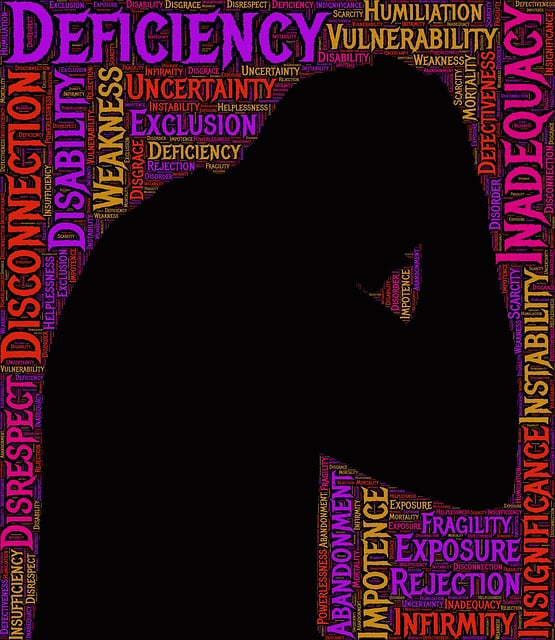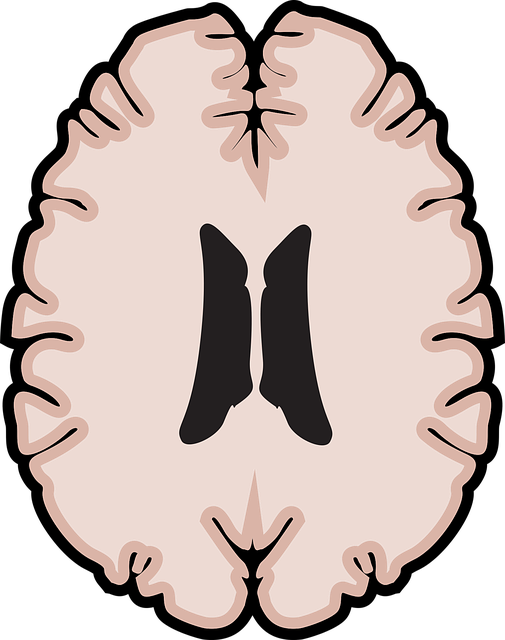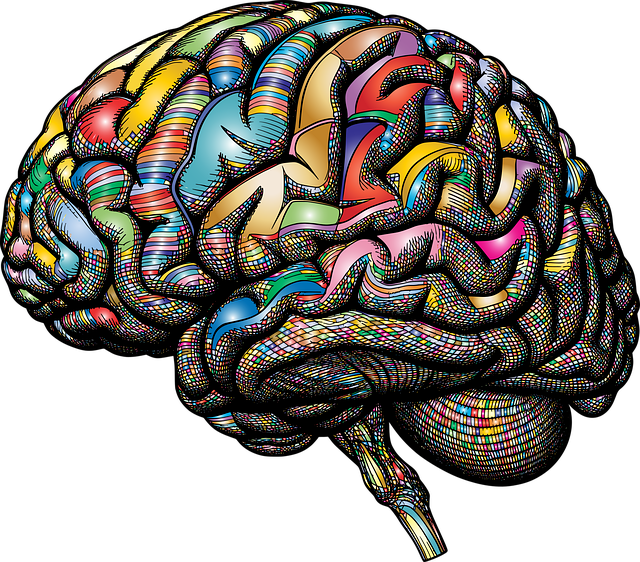Arvada Blended Families Therapy (ABFT) offers a unique, holistic approach to mental wellness support, addressing individual needs while fostering community connections. Through personalized self-assessment tools integrating cognitive-behavioral therapy, mindfulness exercises, and positive psychology, ABFT empowers blended families to navigate complex dynamics. By continuously refining their methods based on user feedback, they ensure their tools remain effective and aligned with the evolving mental health landscape.
Mental wellness self-assessment tools play a pivotal role in fostering individual growth and resilience. This article explores the development of such tools through the lens of the innovative Arvada Blended Families Therapy Approach. We delve into key areas for assessment, integrating therapeutic techniques to enhance self-reflection, and continuous improvement processes. By examining these components, we aim to equip individuals with effective self-assessment strategies, mirroring the comprehensive support offered by Arvada Blended Families Therapy.
- Understanding Mental Wellness Self-Assessment: The Arvada Blended Families Therapy Approach
- Identifying Key Areas for Assessment: Creating a Comprehensive Tool
- Integrating Therapeutic Techniques: Enhancing Self-Reflection and Growth
- Implementation, Feedback, and Continuous Improvement: Optimizing the Self-Assessment Process
Understanding Mental Wellness Self-Assessment: The Arvada Blended Families Therapy Approach

Mental Wellness Self-Assessment tools play a pivotal role in promoting emotional well-being and fostering resilience within communities. Among various approaches, the Arvada Blended Families Therapy (ABFT) stands out for its holistic approach, integrating individual therapy with community outreach program implementation. This innovative strategy recognizes that mental wellness is not solely an individual struggle but is deeply intertwined with social connections and environmental factors.
The ABFT model encourages participants to engage in self-assessment exercises tailored to their unique circumstances, focusing on both personal growth and the strengthening of interpersonal relationships. By combining these Emotional Well-being Promotion Techniques, the program aims to build resilience not just at the individual level but within the fabric of families and communities. This collaborative approach is particularly effective for blended families, where diverse backgrounds and experiences can create complex dynamics, ultimately enhancing the overall health and harmony of the unit.
Identifying Key Areas for Assessment: Creating a Comprehensive Tool

Identifying Key Areas for Assessment is a fundamental step in developing an effective self-assessment tool for mental wellness. At Arvada Blended Families Therapy, we recognize that every individual’s journey towards well-being is unique. Therefore, our approach involves pinpointing specific aspects of life and emotions that significantly impact overall mental health. This includes assessing stress levels, emotional regulation skills, coping mechanisms, social connections, and personal values—all integral components of one’s mental wellness landscape.
By integrating Mind Over Matter Principles, the tool aims to cover various facets of an individual’s experience. It encourages users to explore their inner world, understand their Stress Management Workshops Organization techniques, and cultivate Inner Strength Development strategies. This comprehensive approach ensures that the self-assessment not only identifies areas of concern but also equips individuals with valuable insights to foster positive mental health practices tailored to their unique needs.
Integrating Therapeutic Techniques: Enhancing Self-Reflection and Growth

Integrating various therapeutic techniques into self-assessment tools is a powerful approach to enhancing mental wellness. These techniques can encourage deeper self-reflection and foster personal growth, especially for those navigating complex life situations, such as Arvada blended families. For instance, cognitive-behavioral therapy (CBT) strategies can help individuals identify and challenge negative thought patterns, thereby reducing symptoms of anxiety and promoting emotional well-being promotion techniques. By combining CBT with mindfulness exercises and positive psychology interventions, self-assessment tools become comprehensive vehicles for inner strength development.
This holistic integration enables users to not only recognize their mental health status but also equips them with practical skills for coping and resilience. The process encourages individuals to explore their emotions, understand their triggers, and develop effective strategies for managing stress and improving overall emotional well-being. These techniques are particularly beneficial in diverse populations, including blended families, where navigating complex familial dynamics can contribute to heightened levels of anxiety and stress.
Implementation, Feedback, and Continuous Improvement: Optimizing the Self-Assessment Process

The development of a robust mental wellness self-assessment tool is an ongoing process that requires regular implementation and feedback collection to optimize its effectiveness. At Arvada Blended Families Therapy, we believe in leveraging Mind Over Matter Principles as a cornerstone for enhancing mental health support. By integrating user feedback into the design loop, our therapists ensure that the self-assessment stays relevant and aligned with the evolving needs of individuals seeking guidance. This iterative approach fosters continuous improvement, allowing us to refine and tailor the tool over time.
For instance, regular Self-Care Routine Development for Better Mental Health workshops organized by the therapy center have provided valuable insights into users’ preferences and pain points. These sessions encourage open dialogue, enabling our team to address common challenges faced during self-assessment, such as ambiguity or lack of engagement. Additionally, hosting Stress Management Workshops serves as a platform to gather direct feedback from participants, ensuring that the self-assessment remains practical and aligned with evidence-based stress management techniques.
The development of mental wellness self-assessment tools, as exemplified by the Arvada Blended Families Therapy Approach, is a pivotal step in fostering individual growth and community well-being. By integrating key assessment areas, therapeutic techniques, and continuous improvement, these tools become powerful resources for enhancing self-reflection and promoting positive mental health. The Arvada model demonstrates that a comprehensive, user-friendly self-assessment can serve as a game-changer, enabling individuals to take control of their mental wellness journey and create lasting positive changes.














